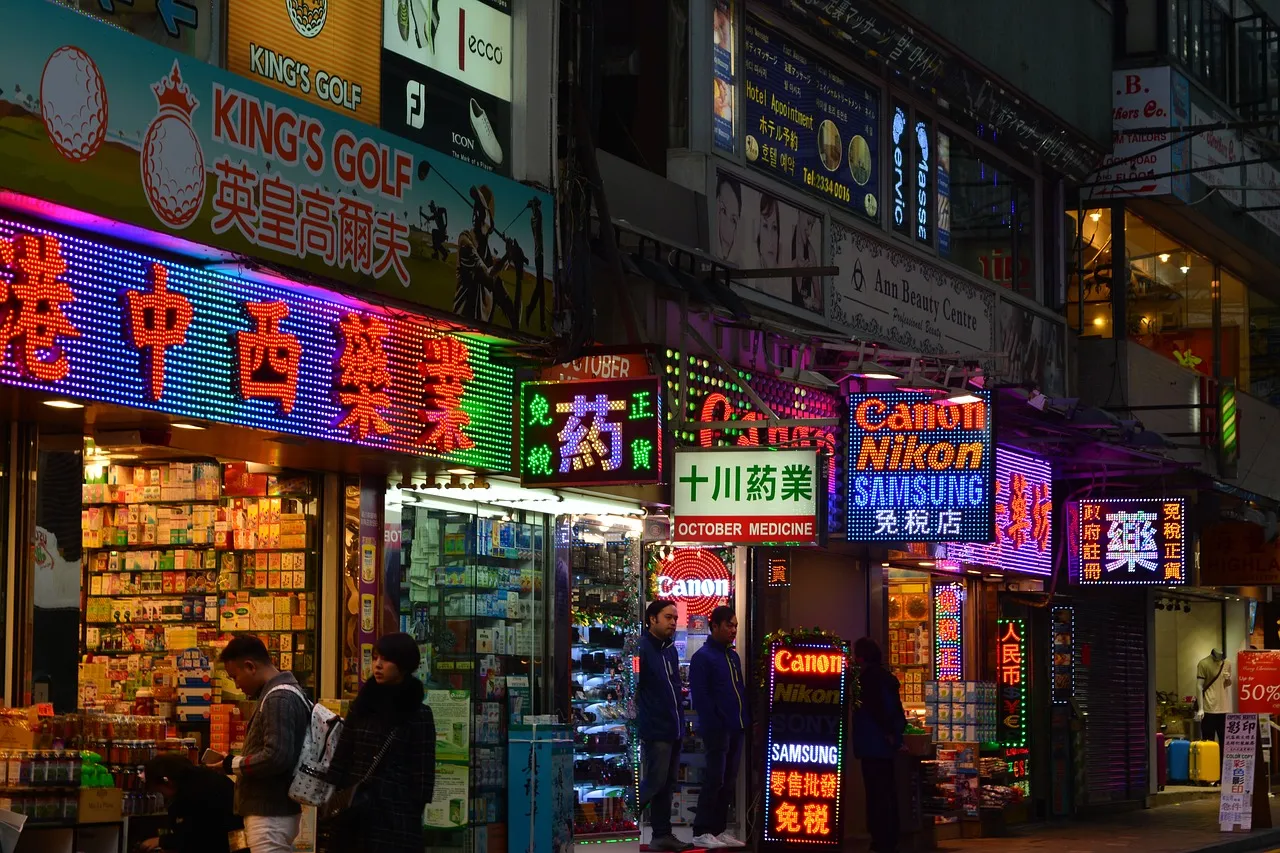Table of Contents
Vera Stanton
I’m an ex-pat Kiwi currently living in Hong Kong where I have been for more than a decade. I’m writing about what I see as the complete politicisation of the Covid response, to the point where it threatens the existence of Hong Kong as I have known it. My family and everyone around me has been directly affected by the policies discussed in this piece.
Hong Kong is now one of the last holdouts of the Zero-Covid zeitgeist. The city that has always been a trading port – its very existence predicated on the free flow of people, goods and money – is now closed off to the world. Hong Kong’s economic future has been stymied under the guise of a highly politicised pandemic response and the city is now under threat of becoming just another second-tier city of China.
Covid arrived hot on the heels of Hong Kong’s biggest-ever political crisis, sparked off in June 2019 by the anti-extradition protests. As a result, the second half of 2019 saw plenty of economic damage. Air travel was disrupted, tourism dried up and the retail and hospitality sectors suffered. But this was just a taste of the economic carnage to be wreaked across nearly every sector by 2021.
Hong Kong has pivoted 360 degrees from a rational, science-based approach to the Covid threat, to one led by a zeal for a perpetual state of Zero-Covid. The city is trapped between China and the rest of the world, allowed to open to neither. The city’s Zero-Covid strategy has morphed from a public health response into a desperate attempt to prove to mainland Chinese authorities that Hong Kong is worthy of being allowed access to China.
The cornerstone of this approach is an irrational 21-day quarantine policy for most of the city’s arrivals. Those unfortunate enough to test positive upon arrival face a minimum mandatory stay of 24 days in a hospital isolation ward, symptomatic or not. Any close contact or second-level contact risks being thrown into the infamous Penny’s Bay Quarantine Camp.
These draconian policies are enough to make anybody think twice about travelling into Hong Kong. The tourism industry is now non-existent and the city’s status as an aviation and financial hub is under dire threat. Almost half of the city’s international banks and asset managers want to move staff or functions out of the city. Expatriate residents and locals alike are abandoning the city in droves.
Cathay Pacific, Hong Kong’s flagship airline, is on its knees. It is perhaps one of the most visible victims of Hong Kong’s over-zealous Zero-Covid strategy. HKIA was once one of the busiest airports in the world but is now a mere shadow of its former glory and is operating mainly as a cargo hub. With the authorities’ insistence on the perpetual quarantine of aircrew, operating flights into the city have become a huge logistical challenge.
In a recent case, three Cathay cargo pilots tested positive for Covid shortly after their arrival from Frankfurt. Perhaps sensing that this could stymie efforts to reopen the border with mainland China, the authorities busied themselves with cracking down in the most draconian ways possible.
300 international school children and their parents were detained in Penny’s Bay. Compulsory testing notices were issued to thousands of residents. Residential towers were locked down. 130 Cathay pilots who also passed through Frankfurt were treated to a 21-day staycation at Penny’s Bay, a move that threatened to cripple the city’s supply chains. The three infected pilots lost their jobs. Yet not a single contact tested positive after exposure to this highly contagious virus.
Hong Kong is stuck between a rock and a hard place. Hell-bent on proving to the Chinese authorities that Hong Kong poses no risk, the government has pulled out every stop to fulfil an unknown and ever-shifting set of requirements. Meanwhile, entire sectors languish, families suffer and the poverty rate rises. The once glorious free-wheeling city of Hong Kong is slowly being paralysed under a totalitarian vision of public health.








